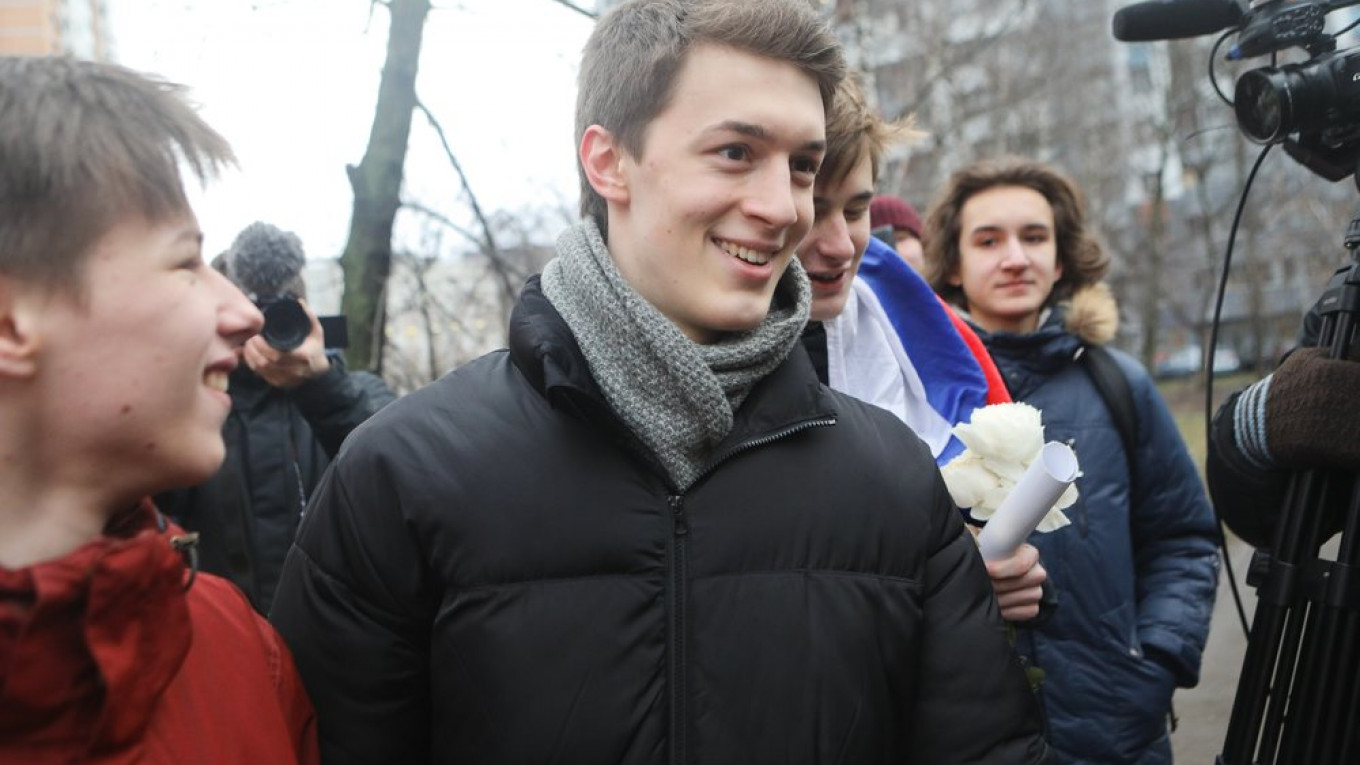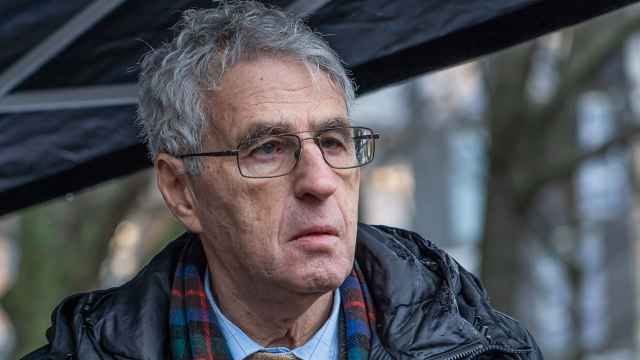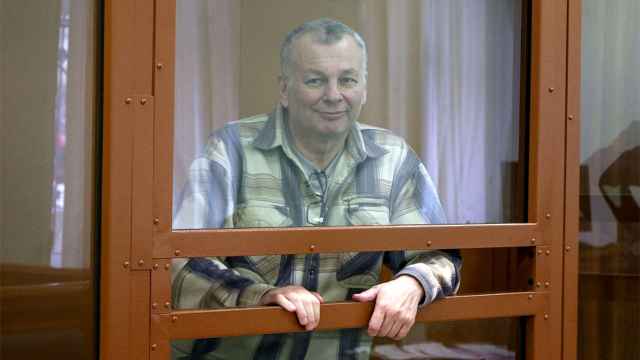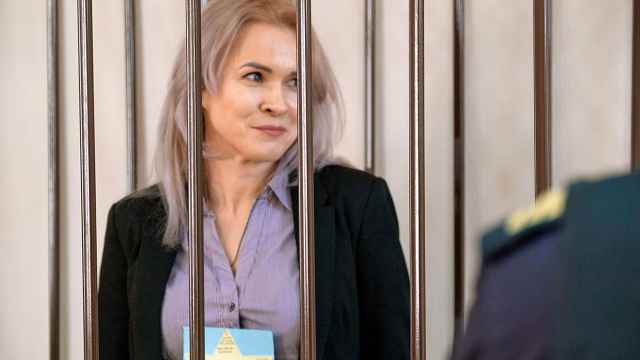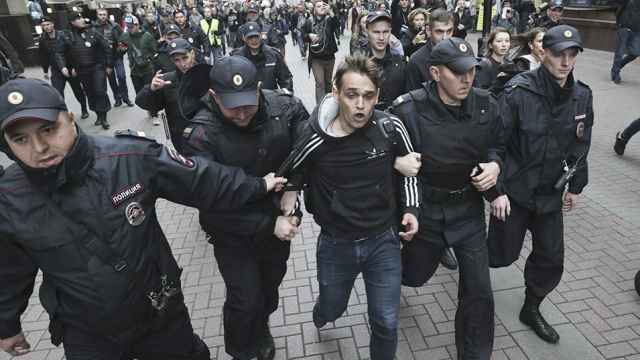A Moscow court gave student and political blogger Yegor Zhukov a three-year suspended sentence Friday, allowing him to avoid imprisonment after one of the most high-profile trials stemming from this summer’s wave of anti-government rallies.
Zhukov, 21, was one of about a dozen people placed in pre-trial detention as part of a criminal case opened over the July 27 protest in Moscow. Zhukov’s classmates at Moscow’s Higher School of Economics say he was targeted for openly discussing his political opinions on his YouTube channel, which has more than 100,000 subscribers.
Authorities dropped the political science student and YouTube blogger's mass unrest charges after fellow students and activists campaigned on his behalf. They instead charged him with calling for extremism online.
Moscow's Kuntsevo District Court found Zhukov guilty for calls for extremism on the internet and handed him a three-year suspended sentence. The court also banned Zhukov from using the internet for two years.
Prosecutors had asked the court to hand Zhukov a four-year prison sentence. Charges of online extremism carry a maximum sentence of five years in prison.
"Don't separate this from politics. It's all about politics," Zhukov told reporters after leaving the court. "They have turned courtrooms into institutes of repression. We need to fight this."
Popular Russian actors and rappers, as well as HSE's vice rector and ex-candidate for the Moscow city council were in attendance at Zhukov's trial.
Three other defendants in the "Moscow case" were sentenced Friday:
Later in the day, the Tverskoy District Court found another protester, Pavel Novikov, guilty of violence against police and fined him 120,000 rubles ($1,800). It did not sentence Novikov to any time in prison. Prosecutors had requested the court to sentence Novikov to three years in prison.
More than 1,000 people were detained in Moscow on July 27 in one of the biggest crackdowns of recent years against an increasingly defiant opposition decrying President Vladimir Putin’s grip on power.
A Message from The Moscow Times:
Dear readers,
We are facing unprecedented challenges. Russia's Prosecutor General's Office has designated The Moscow Times as an "undesirable" organization, criminalizing our work and putting our staff at risk of prosecution. This follows our earlier unjust labeling as a "foreign agent."
These actions are direct attempts to silence independent journalism in Russia. The authorities claim our work "discredits the decisions of the Russian leadership." We see things differently: we strive to provide accurate, unbiased reporting on Russia.
We, the journalists of The Moscow Times, refuse to be silenced. But to continue our work, we need your help.
Your support, no matter how small, makes a world of difference. If you can, please support us monthly starting from just $2. It's quick to set up, and every contribution makes a significant impact.
By supporting The Moscow Times, you're defending open, independent journalism in the face of repression. Thank you for standing with us.
Remind me later.


